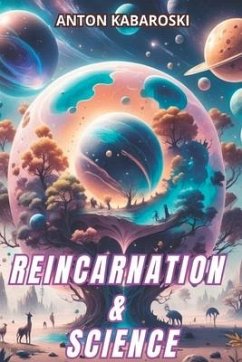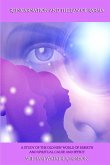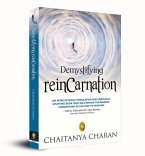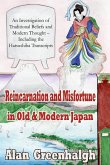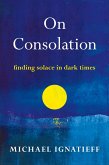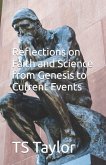The majority of the global population believes in reincarnation, which emerged in recent centuries due to a materialistic vision that replaced spirituality - it is a fact. In philosophy, religion, mythology and fiction, post-mortem life is the concept of a realm or self, where an essential part of an individual's identity or consciousness continues to exist after the death of their body. This aspect may be a partial element or the entire soul or spirit of an individual, carrying consciousness and giving personal identity. The three levels of consciousness: waking, dreaming and deep sleep. They can be seen as three mirrors that reflect the eternal Atma. Each level has a different reflection, creating a separate entity known as the "self" of ignorance. The phenomenon of reincarnation or continuity belongs to waking consciousness and self-consciousness, or to individual and collective consciousness. Individual desires are not fulfilled and human ideas use individuals for their fulfillment. The belief in post-mortem life, which can be naturalistic or supernatural, contrasts with the belief in sleep after death. The origins of the concept of reincarnation are obscure, but it is discussed in Indian philosophical traditions, with pre-Socratic Greeks and Celtic druids discussing it. The writers addressed reincarnation with different words, but they are not the same meanings, but reincarnation was metempsychosis, transmigration of souls in the past. Reincarnation is also known as rebirth, metempsychosis, transmigration, disambiguation and palingenesis. It is a central tenet of these religions, implying that a person remains essentially the same while occupying a new body. Reincarnation is a principle in all life, highlighting the cycles of nature, the cyclical movement of the sun, earth, moon and the solar system.
Hinweis: Dieser Artikel kann nur an eine deutsche Lieferadresse ausgeliefert werden.
Hinweis: Dieser Artikel kann nur an eine deutsche Lieferadresse ausgeliefert werden.

